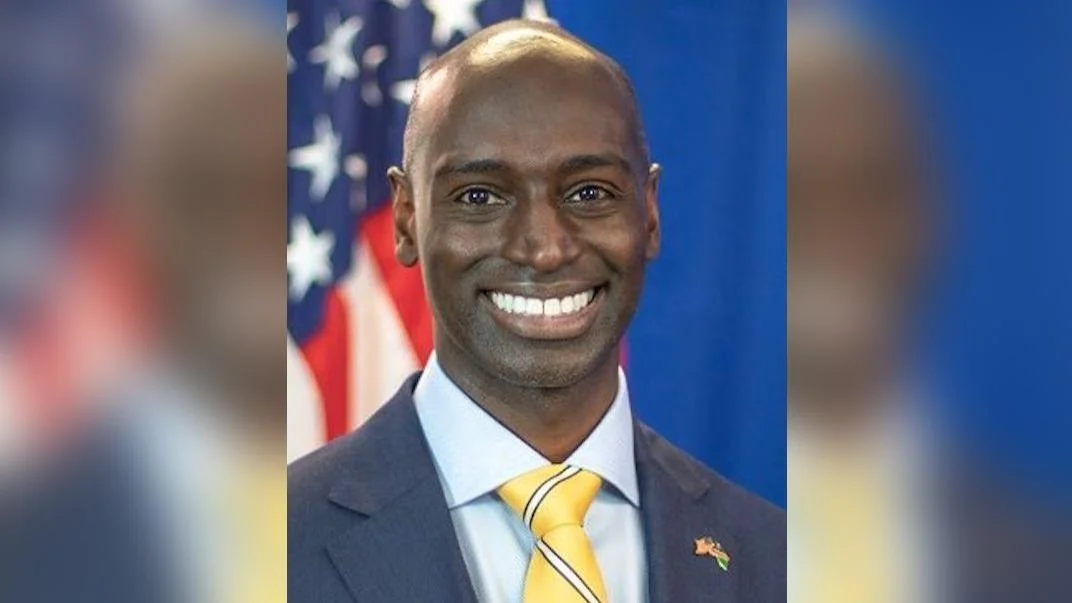Starting April 1, 2025, U.S. citizen tourists must obtain a visa before entering Namibia, as part of new entry requirements implemented by the Namibian Government. Future visitors are advised to apply for their visas through Namibia's online visa on arrival portal in advance of their travel plans, and are required to carry a printed copy of their approval notice when traveling.
Alternatively, tourists entering through Windhoek, Walvis Bay, or high traffic border crossings like Katima Mulilo and Ngoma, will be able to acquire visas upon arrival. It is important to note that Namibia's newly implemented visa on arrival system might experience changes as implementation progresses.
The new regulation does not affect non-tourist visas, which must still be obtained from the nearest Namibian Embassy or High Commission before travel. Travelers need to be aware of the difference between their visa's validity and their authorized length of stay, as visitors' admission stamps should be checked at immigration to ensure validity for their intended stay duration. Overstaying or having an incorrect entry stamp may lead to detention and fines.
The default entry period for visas on arrival is usually 30 days, with potential authorization up to 90 days at the discretion of the immigration officer. U.S. citizens may apply for an extension beyond the initial 30-day period through the Ministry of Home Affairs, Immigration, Safety, and Security in Windhoek.
Passports must be valid for at least six months beyond the planned departure date, and travelers need at least three blank pages. Additional documentation is required for those traveling with minors, including original or certified copies of unabridged birth certificates. If one parent is traveling alone with a child, they must have a notarized consent from the other parent or alternative legal documents.
The Namibian Embassy in Washington D.C. and the U.S. Embassy in Namibia's Consular Section are available for further questions regarding these new requirements.

